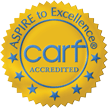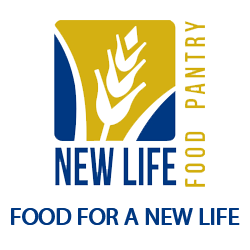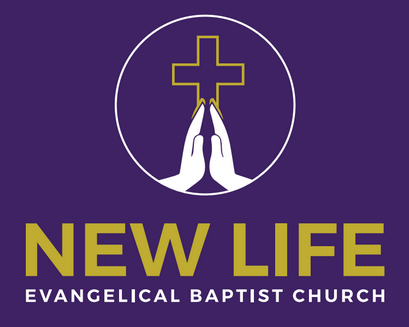Northeast Baltimore program says it wants to attract users to treatment and reduce crime
September 13, 2011|By Meredith Cohn, The Baltimore Sun
A Northeast Baltimore clinic that once pitched on-demand methadone to desperate addicts during the late-night hours is focusing on a new idea — paying addicts to come in for treatment.
“We are targeting a non-traditional population of addicts that isn’t so interested in treatment,” said the Rev. Milton Williams, who runs Turning Point Clinic, housed in his New Life Evangelical Baptist Church. “This will be an incentive.”
The state has yet to approve the original on-demand, or “open access” idea, citing federal rules that require, for example, a lengthy examination of anyone getting methadone, a Schedule 2 narcotic. The incentive, $20 supplied by a private foundation or other group yet to be named, is a “Plan B,” one Williams believes doesn’t need any special approvals because the program would be run as a traditional clinic, just at night with no appointments.
Williams had proposed the open-access clinic, from 6 p.m. to midnight, in June, with addicts getting methadone within 15 minutes of walking through his door. It would be an opportunity to steer addicts to traditional treatment, offered at the clinic during the day, though he said he expected many would eschew the opportunity. But he said such a clinic would most certainly stop the crimes of those needing money for a fix, crimes he often witnesses from his North Avenue church.
That idea won him support from some police officers and politicians. State health officials said they also supported the idea but needed a full plan to win federal approvals to be reimbursed the $90 to $150 weekly cost of methadone — a full plan the state says it has yet to get.
State officials also said Turning Point’s traditional clinic has deficiencies, including the number of counselors available, and officials should focus on them before taking on a new program. Turning Point says those problems have been addressed.
“From our perspective, there are still questions that remain unanswered,” said Kathleen Rebbert-Franklin, deputy director of the state’s Alcohol and Drug Abuse Administration. “It’s neither a yes nor a no. We need additional information to take the next step.”
Backing up the state’s reservations are some addictions experts, who say 15 minutes isn’t enough time to do a proper evaluation of an addict. Addicts need, for example, to submit to a urine test because methadone cannot be provided to someone who is already high. And addicts need to be watched for adverse responses.
One expert also questioned the treatment value of using cash to lure hard-core addicts who don’t yet want treatment.
Dr. Michael Fingerhood, an associate professor of medicine at the Johns Hopkins University who treats addicts, said Turning Point may prevent some crimes. “And there is value in that,” he said. “And having the program open at night when an addict suffers from cravings is a nice model.”
He said a small number may actually decide to get traditional treatment, too, rather than the short-term detox Turning Point plans to offer. But most will come for the money — and use it to buy heroin.
“If you give an addict $20, he’ll turn around a day later and spend $20 on drugs, even if he gets a dose of methadone,” Fingerhood said. “Most programs that give incentives usually offer a voucher and not cash. Or why not give them food? Once word of mouth gets out that they are offering $20, people will come in droves for the money and not methadone. They won’t know what to do.”



